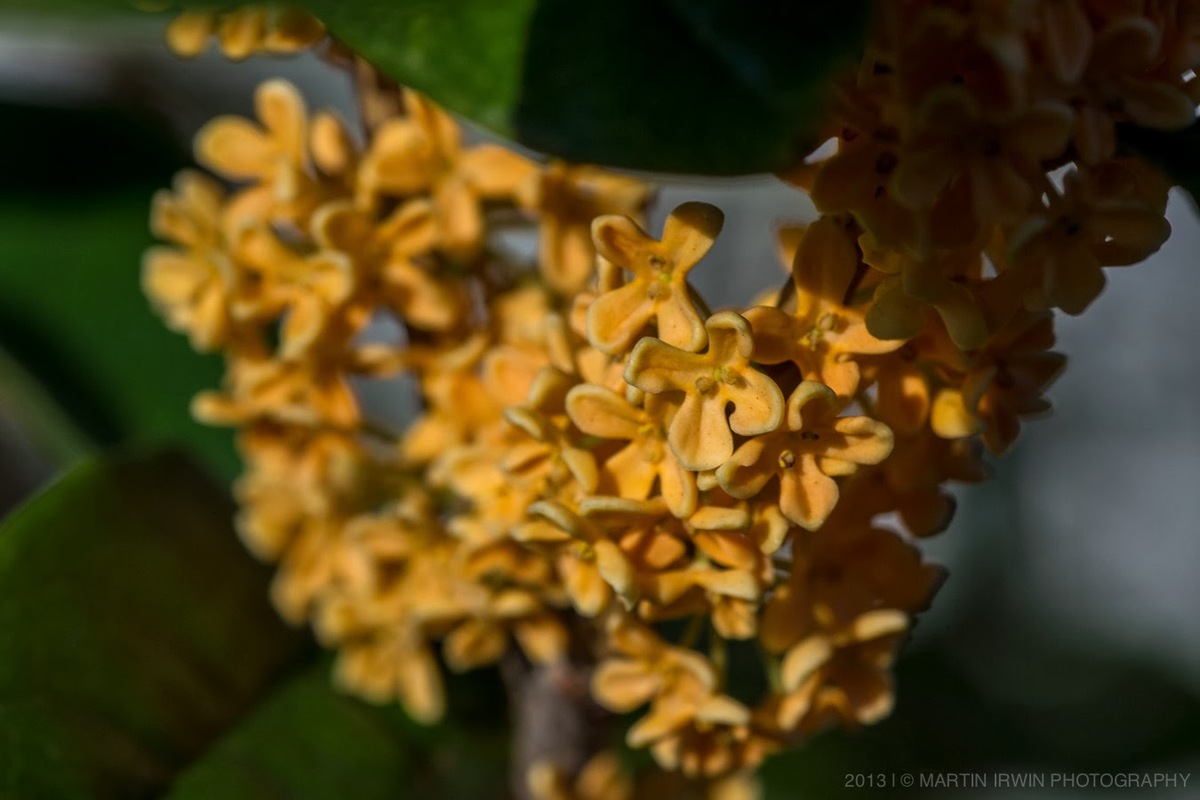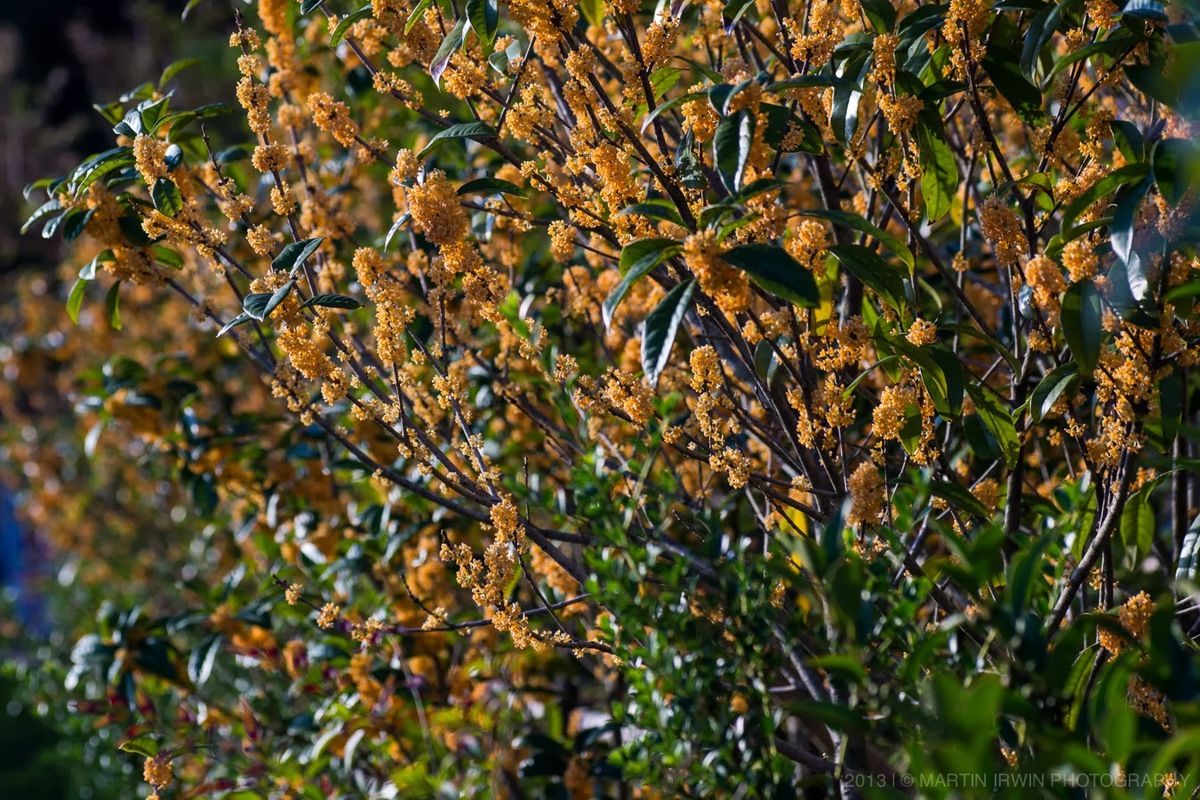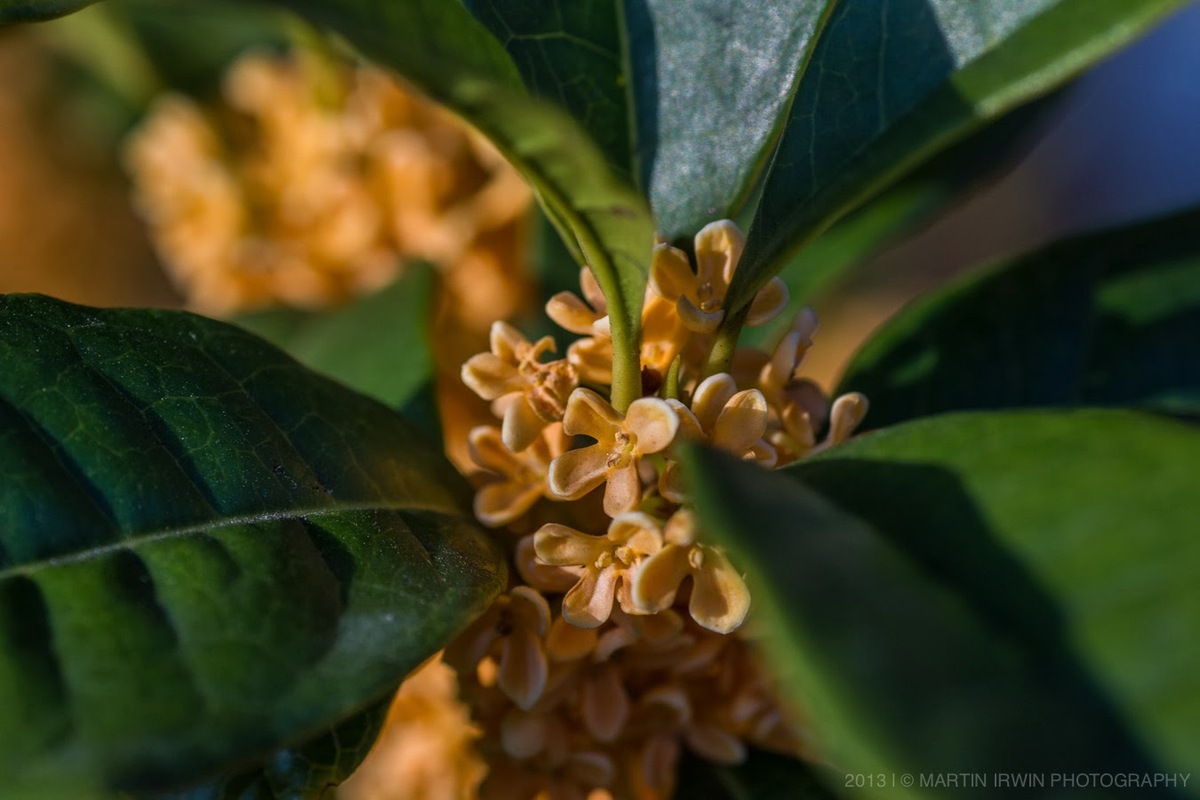Autumnal Aroma
What’s that smell? Oh, it’s kinmokusei, otherwise known as “G_olden Sweet Osmanthus”_ (also called the sweet olive). This shrub is found all throughout Japan, and blossoms in Autumn, giving off a very sweet and pleasing aroma.
#block-ff45aa3998db57723fc1 .sqs-gallery-block-grid .sqs-gallery-design-grid { margin-right: -10px; } #block-ff45aa3998db57723fc1 .sqs-gallery-block-grid .sqs-gallery-design-grid-slide .margin-wrapper { margin-right: 10px; margin-bottom: 10px; }
Charlotte was the first (between us) to notice this smell, and track down the source. At first I thought it was because she was lower to the ground than I, but the bushes grow to over 5m tall, so she simply has a keener sense of smell!
View fullsize

The smell really is sweet. Sweet as in sweets. The abundance throughout Japan has made this time of year probably the best smelling in all of Japan’s seasons. We’ve decided that when we have a garden once again, to plant some of these close to a window.
The Chinese character for kinmokusei are: golden 「金」; tree「木」and rhinoceros 「犀」… yeah, I wasn’t expecting that either. Tree and rhinoceros together produce the word meaning osmanthus, 木犀, but I have no idea why - I’ll try to find out the meaning, as I love the mystery behind the characters.
Unfortunately, the typhoon this week blew all of the golden flowers away. I’ll miss these sweet olive trees, but probably not as much as Charlotte.

